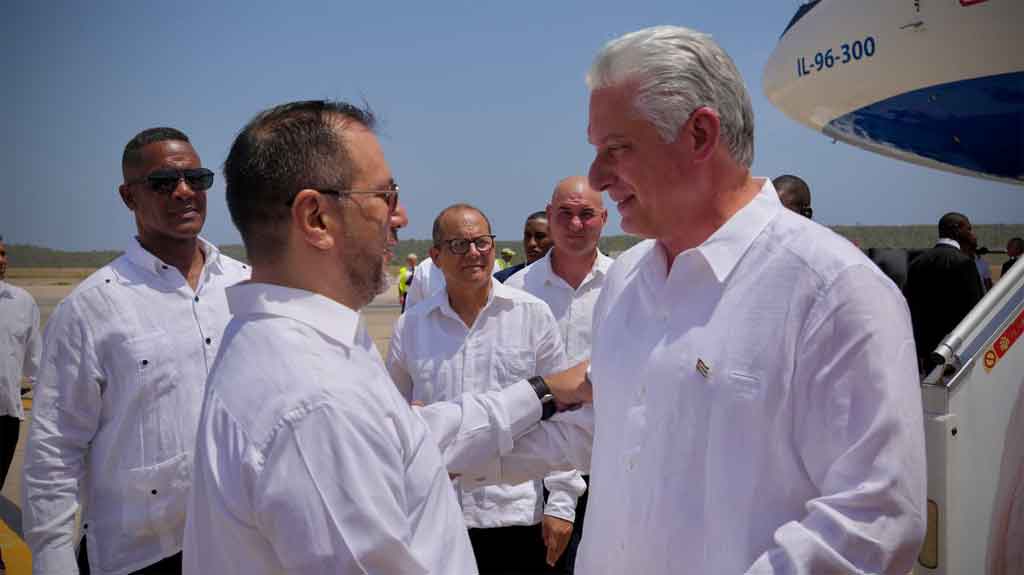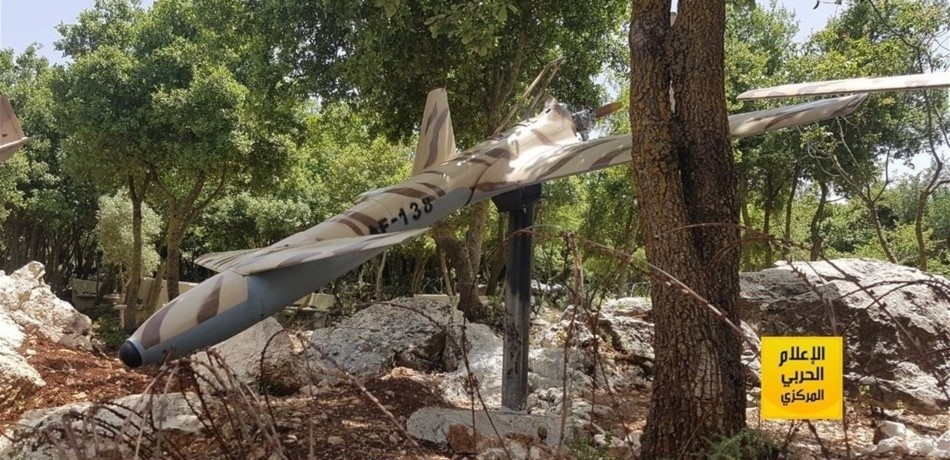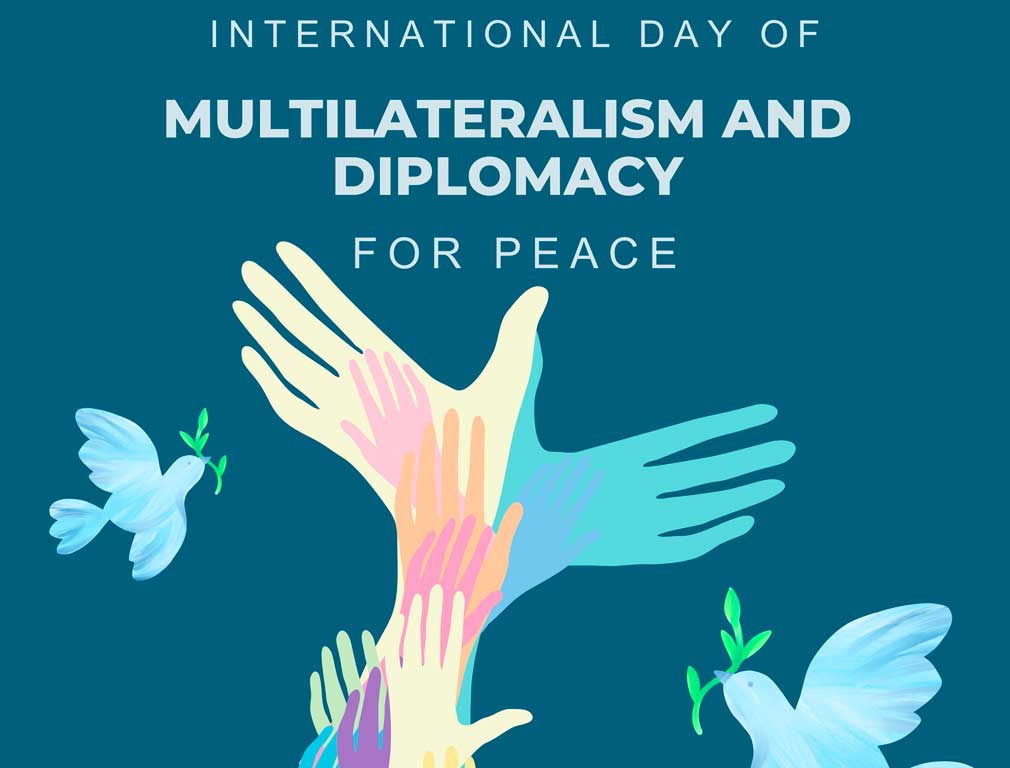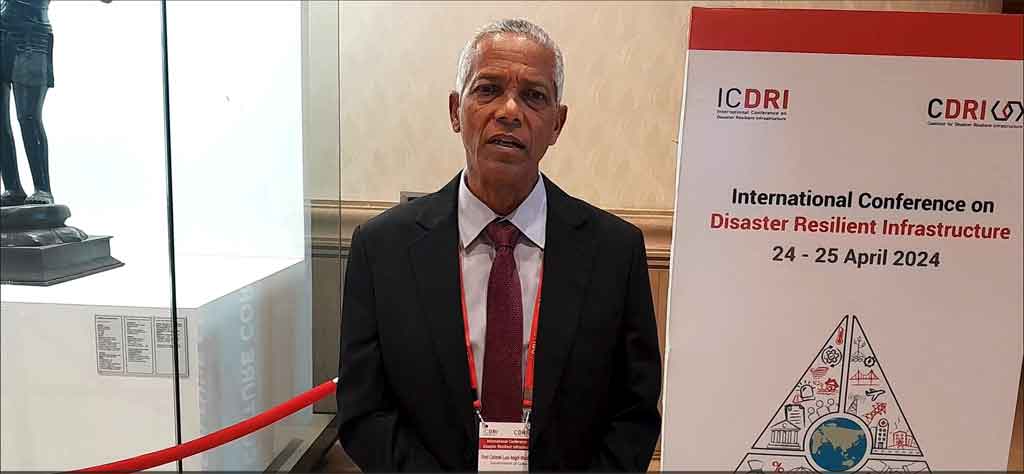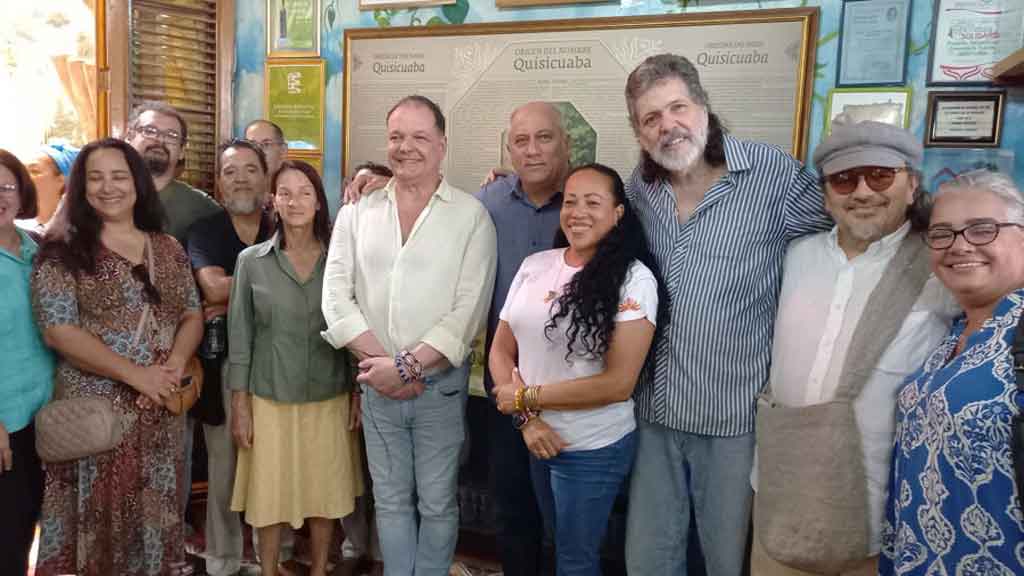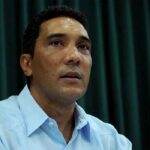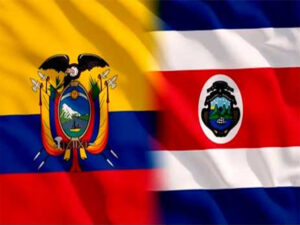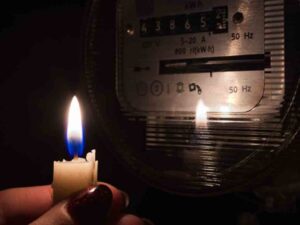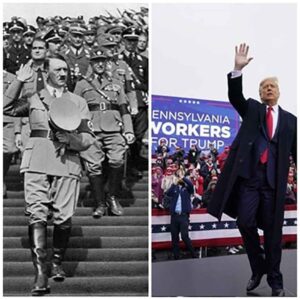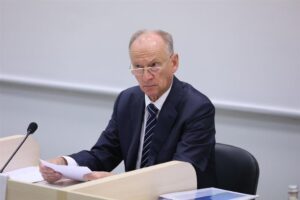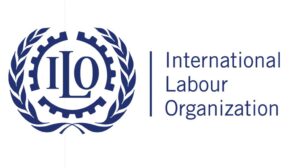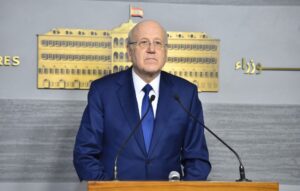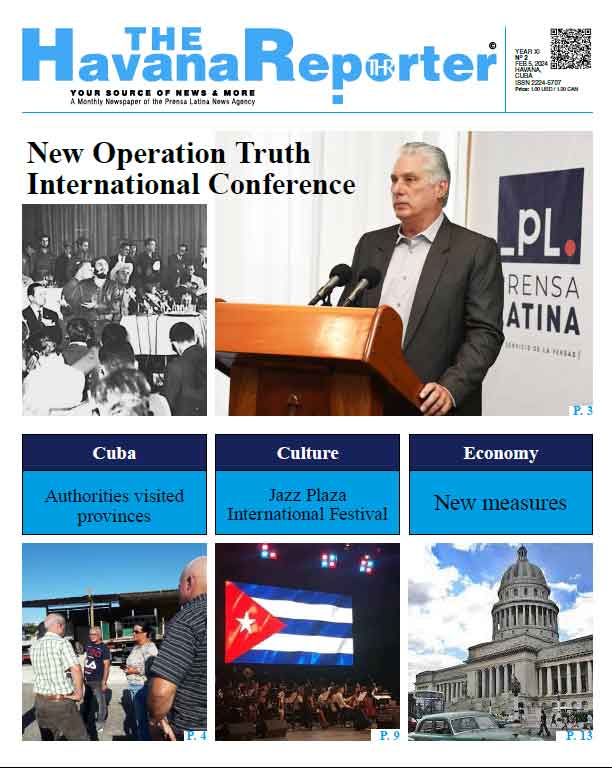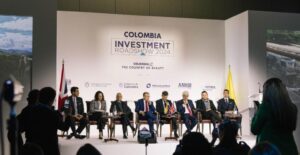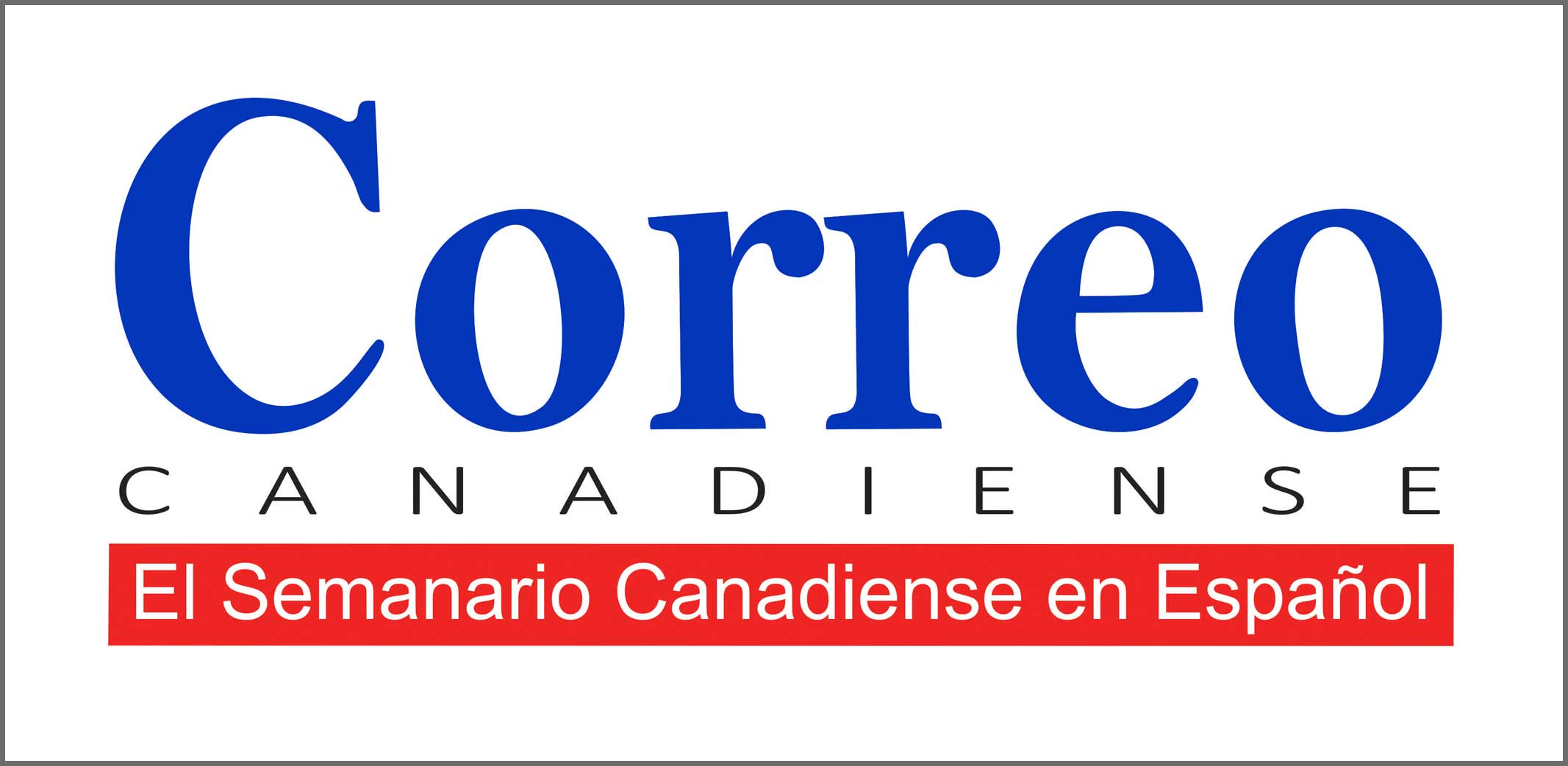LATAM & CARIBBEAN
THE WORLD
Spotlight
- Published on: April 24, 2024
- 15:48
Caracas, Apr 24 (Prensa Latina) Cuban President Miguel Diaz Canel praised on Wednesday the 23rd ALBA-TCP Summit on the International Day of Multilateralism and Peace Diplomacy, concepts he considered key for the regional integration mechanism.
- Published on: April 24, 2024
- 02:01
Bogota, Apr 24 (Prensa Latina) Colombia presents in the United Kingdom more than 50 strategic projects located in different territories of the country in order to attract potential British investors and from other parts of the world.
© 2016-2021 Prensa Latina
Latin American News Agency
Radio – Publications – Videos – News by the minute.
All Rigts Reserved.
St. E No 454 , Vedado, Habana, Cuba.
Phones: (+53) 7 838 3496, (+53) 7 838 3497, (+53) 7 838 3498, (+53) 7 838 3499
Prensa Latina © 2021 .
Web Site developed by IT Division Prensa Latina.









